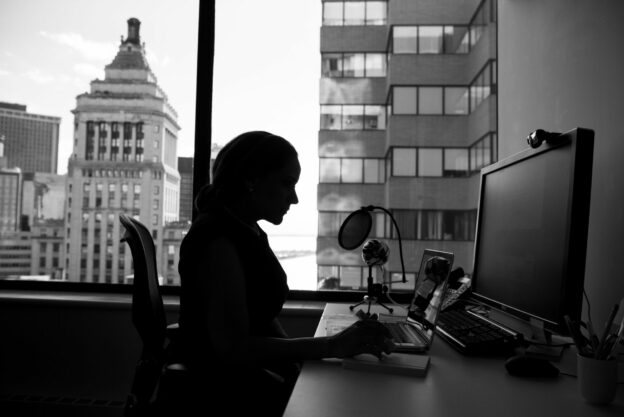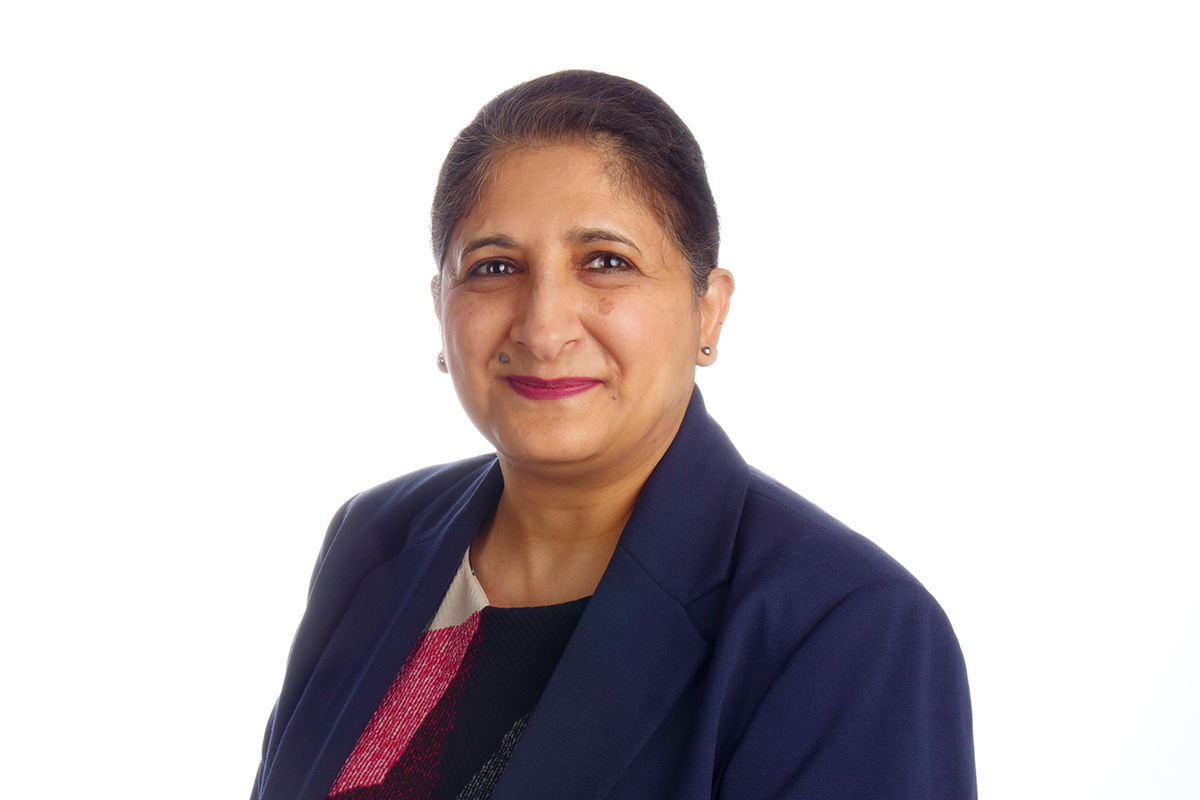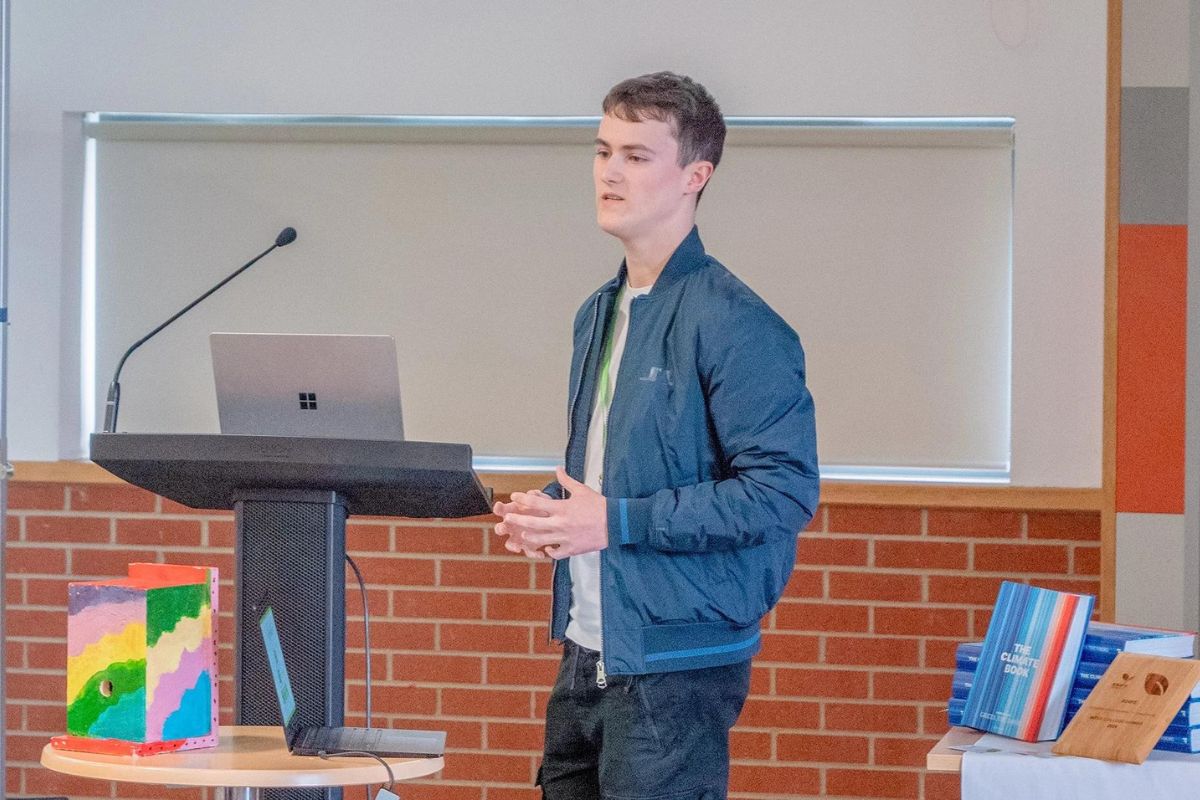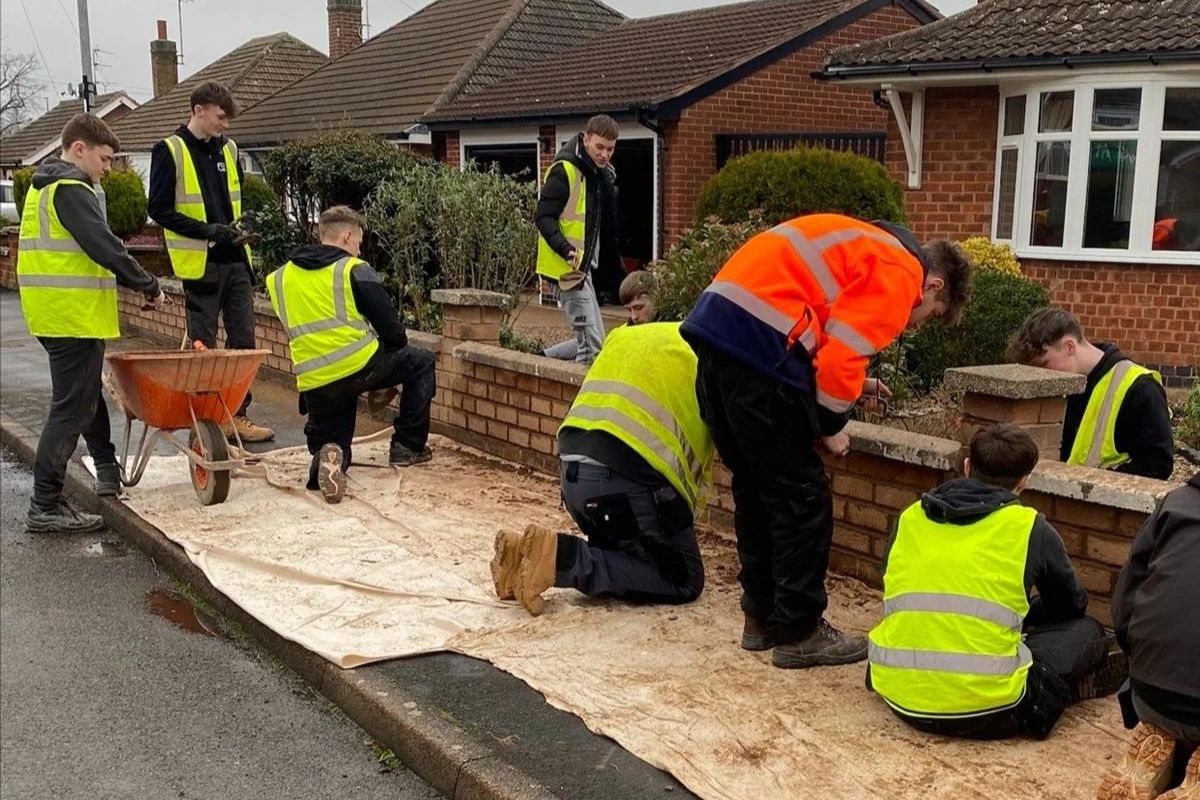Schools and colleges have a vital role in dealing with, reducing and preventing behaviours which lead to gendered violence amongst children and young people

International Day for the Elimination of Violence against Women
Speaking on the International Day for the Elimination of Violence against Women, Natalie Arnett, senior equalities officer for school leaders’ union NAHT, said:
“As with many societal issues, schools often play an important role when it comes to tackling the impact of violence against women and girls.
“Whether this be supporting pupils, parents or staff members – they often deal with the experiences of violence against women and girls, or its lasting effects, including impacts on pupil behaviour and attendance.
“Schools have a vital role in dealing with, reducing and preventing behaviours which lead to gendered violence amongst children and young people.
“However, they are only one component of a wide range of people and agencies who also have a responsibility; government, health, social care, police, youth services and parents all have a significant contribution to make.”

ONE IN FIVE WOMEN ARE SUBJECTED TO CONSTANT VERBAL ABUSE BY A PARTNER, FINDS AVON AND NO MORE
23rd November 2021: New research* from beauty company Avon and the NO MORE Foundation, reveals that one in five women are consistently subjected to verbal abuse by an intimate partner.
- More than a third of women (35%) have changed an aspect of themselves because of negative comments made by an intimate partner, increasing to 39% for 25-34 year olds
- Over a third (36%) of women have insecurities about their self-worth based on negative comments made by a partner
- 81% believe more needs to be done to educate young men on their beliefs and attitudes towards women
- Avon launches campaign to speak out against verbal abuse with resources, training and support for customers, Representatives and associates
- In its 135th year, Avon donates $1.35 million to NGOs around the world to support women who have experienced abuse
The research, which surveyed over 8,300 women in eight countries, including the UK, Poland and the Philippines, also found that nearly two in five respondents aged 25-34 are experiencing potential signs of verbal abuse within their relationship – the highest amongst the age groups. As a result, over a third (36%) of women around the world have insecurities about their self-worth based on negative comments made by partners.
Commissioned in support of the UN’s 16 Days of Activism Against Gender-Based Violence, Avon and NO MORE are launching a campaign to help everyone recognise verbal abuse and its role in coercive control, domestic violence or intimate partner violence. In the UK, when asked about seeking support for verbal abuse issues, one in 10 (11%) women reported that they did not know where to turn, and a further one in six (17%) were unable to take action due to having a controlling partner or being too scared of the consequences. These barriers to help-seeking behaviours result in many survivors becoming trapped in abusive relationships.
Common comments
Nearly half (47%) of women have experienced negative comments from an intimate partner about their general appearance, with one in five (19%) facing this within the last month. Other negative comments reported were about women’s intelligence (43%), job or career (44%), weight (50%) and clothing (50%). This is most prevalent in those aged 25-34 with nearly a quarter (24%) being subjected to negative remarks about their weight within the last month, compared to 10% of those aged 55+.
Over half of women say an intimate partner has made criticisms towards their friends or family (55%), with nearly a quarter (23%) experiencing this within the last month; this is a common tactic used by abusers to manipulate their victims to alienate them from loved ones.
NO MORE Foundation’s Global Executive Director Pamela Zaballa said:
“Verbal abuse is a serious, prevalent issue that takes a huge and often long-lasting toll on the self-esteem and confidence of those who experience it. It also can be a precursor and escalate to physical violence. Therefore, it is critical to increase awareness and ensure that verbal abuse is not overlooked, trivialised nor tolerated. We’re proud to partner with Avon to promote an online portal providing crucial information and tools to learn to recognise the signs of verbal abuse, find help if needed, and become inspired by courageous survivors’ stories.”
From Silence to Speaking Out
Of those subjected to signs of verbal abuse, 16% sought support, with 30% of these women going to a family member and 26% reaching out to a friend. Despite a relatively small number in this survey, it is interesting that some respondents said they had sought support from the outside sources such as beauty therapists or hairdressers (2%) and their Avon Representatives (2%). In a controlling relationship, where the abuser has isolated the victim from friends and family, it may be the case that these groups can provide an important lifeline.
With a network of relationships within their communities and peer to peer support available, Avon is offering training to its five million Representatives worldwide. In the UK, Women’s Aid and Avon are piloting a specialist training programme in Bristol for Representatives, offering on-the-ground, community support for those facing abuse in any form.
Training is also being offered to a range of GBV Ambassadors, offering support to associates who may be experiencing domestic abuse through Avon’s global GBV Protocol.
Not only a “Women’s Issue”
There is a strong feeling amongst women around the world that more needs to be done to educate young men on their beliefs and attitudes towards women (81%), with over three quarters believing there are deep-rooted issues within society which need to be addressed in terms of how men treat women.
Breaking the silence around gender-based violence, Avon and NO MORE have launched an online portal to provide people with crucial information about the signs of verbal abuse, what to do if someone you know is in an abusive relationship and where to go for help, including a collection of inspiring stories from survivors. To support women who have experienced abuse, Avon is also donating $1.35 million in grants to NGOs around the world to fund support projects for life after abuse, in its 135th anniversary year. In the UK, funding will support charities such as Women’s Aid and their Live Chat service which gives survivors a discreet and safe way to chat to an expert, as well as the National Domestic Abuse Helpline and Live Chat, ran by Refuge.
In addition, the beauty brand and charity are encouraging people to sign a pledge to end verbal abuse. This can be signed by saying ‘Alexa, open the NO MORE skill’ to an Alexa device or online via the Avon Worldwide website.
Angela Cretu, Avon CEO comments:
“Our research highlights how crucial it is that we continue to stimulate conversation about all forms of gender-based abuse, be that verbal, emotional or physical.
“Over the last 15 years Avon has made it our mission to end violence against women and break down the wall of silence. With five million Representatives around the world, all with their own unique networks, we are committed to training in recognising the signs, having safe conversations, and signposting to local NGO support. We have also introduced a GBV Protocol and Ambassadors to support every associate who may be experiencing domestic abuse, for example offering them access to leave or facilitating conversations with managers.
“This 16 Days of Activism we are calling for people unsure of what verbal abuse is, to get to know the signs; for victims feeling isolated, to know they are not alone; and for those experiencing abuse, to seek necessary help. This is why this year, on its 135th year of championing women, Avon will donate $1.35 million to NGOs around the world to help more women overcome abuse and help change lives.”












Responses